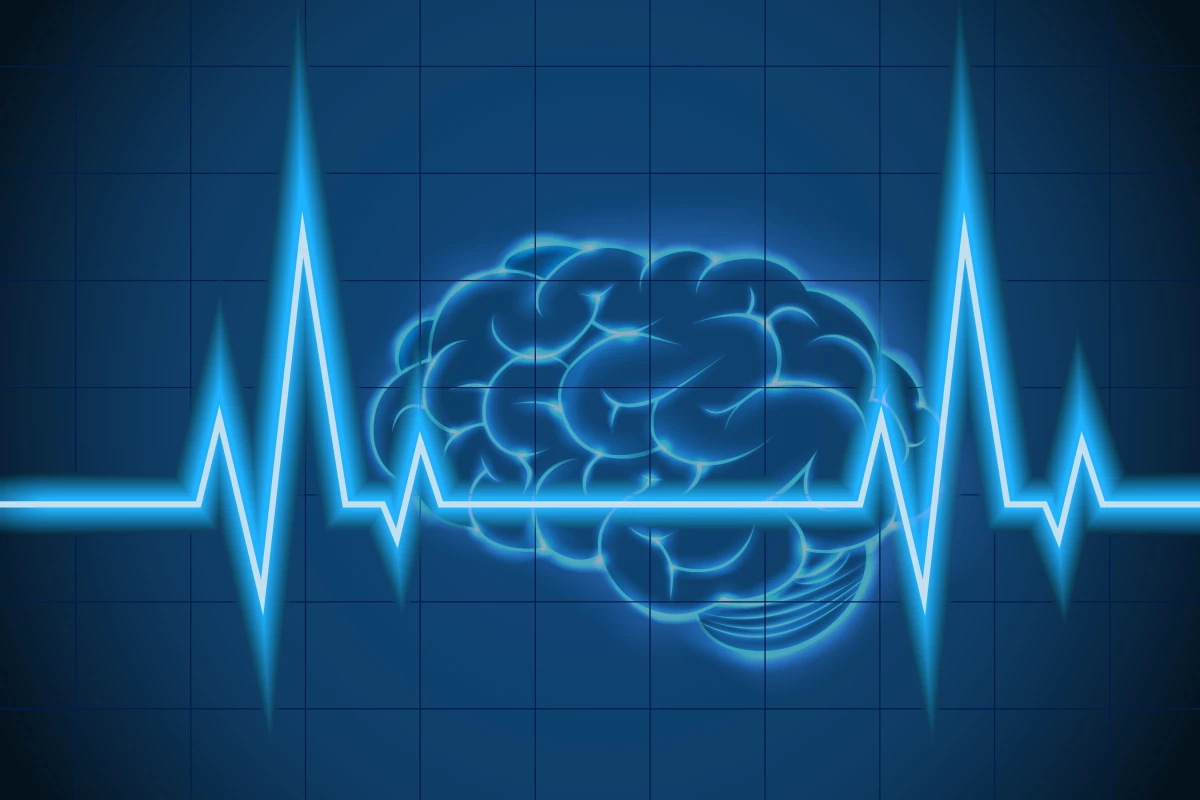New research led by a team from the University of Glasgow is shedding light on how specifically targeted pulses of magnetic stimulation to the brain can improve episodic memory. The work found inhibiting activity in the left dorsolateral prefrontal cortex enhances memory formation.
The new research arose out of a prior study that delivered unexpected findings. The initial investigation was looking at what goes on in a person’s brain when they are trying to voluntarily forget a piece of information. As memory control is known to be influenced by activity in the left dorsolateral prefrontal cortex, the previous study was analyzing whether voluntary forgetting can be enhanced by stimulating that particular brain region.
An incidental finding in this prior study was that slow repetitive transcranial magnetic stimulation (1 Hz rTMS) actually improved memory performance by inhibiting activity in the left dorsolateral prefrontal cortex.
“We were quite surprised when we saw these effects in the first study, which was designed to investigate a different question,” explains Simon Hanslmayr, an author on the new study. “Therefore, we needed to replicate the effects in a second experiment to see whether this is real, and indeed it seems to be.”
A number of college students were recruited for the follow-up experiment. Each participant completed a series of memory tasks on two occasions – once while having 1 Hz rTMS applied to their left dorsolateral prefrontal cortex, and then a second time while having the same magnetic stimulation directed at a control area of the brain.
As with the original experiment, memory performance was indeed improved when activity in the left dorsolateral prefrontal cortex was inhibited. Looking at EEG activity in the participants’ brains the researchers found the magnetic stimulation led to weaker beta wave activity in the parietal region of the brain.
The current hypothesis presented by the researchers is that memory encoding can be enhanced by inhibiting activity in parietal regions of the brain, and this can be achieved using magnetic stimulation targeted at particular frontal regions of the brain. What isn’t clear at this stage is exactly how these differing brain regions connect and communicate, but Mircea van der Plas, another author on the new study, suggests more experiments will hopefully answer those questions.
“Our electrophysiological results suggest that frontal stimulation affects a wider network and improves memory formation by inhibiting parietal areas,” says van der Plas. “These are complex but interesting effects that require further experiments to better understand their neural basis.”
The new study was published in the journal PLOS Biology.
Source: University of Glasgow




